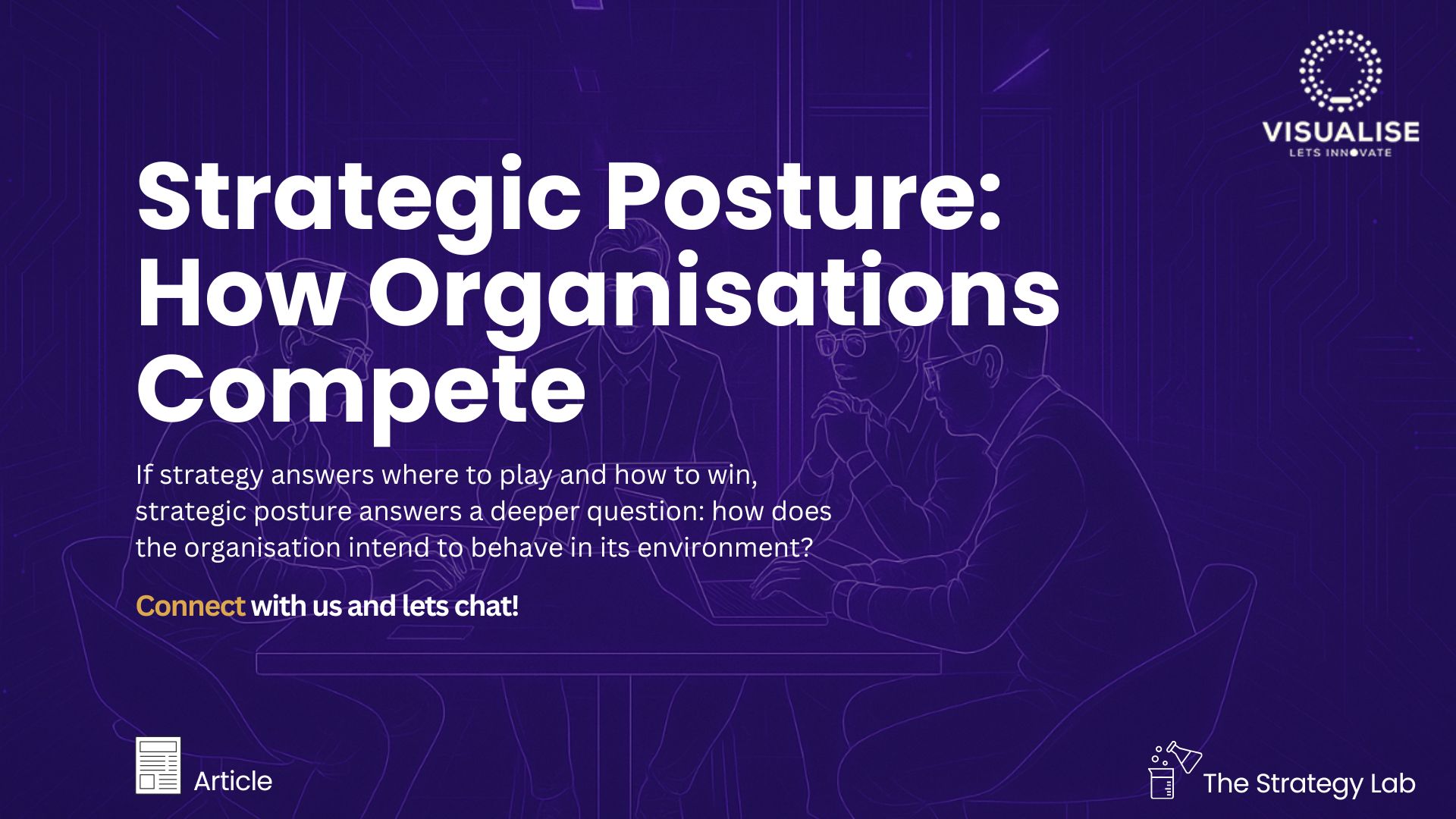Mar08

In today's fast-paced business world, it's essential to have a framework that enables your organization to set goals and measure progress effectively. OKRs, or Objectives and Key Results, is a popular management tool to help your organisation succeed. OKRs have recently gained popularity, with companies like Google, Intel, and LinkedIn using them significantly.
This article will discuss the top five reasons why OKRs are great for your organization.
One of the primary benefits of OKRs is that they help align goals across the organization. By setting clear and measurable objectives, teams can better understand how their work contributes to the broader mission and goals of the company. This alignment ensures that everyone is working towards the same overarching objectives, which can help prevent silos from forming and facilitate collaboration.
When setting OKRs, it's essential to ensure alignment across the organisation, starting from the top down. This process helps ensure that everyone in the company knows what to do to achieve its goals. By aligning goals across the organization, companies can achieve greater efficiency, reduce duplicated efforts, and ensure everyone is working towards the same objectives.
OKRs encourage a continuous improvement mindset by enabling teams to set ambitious but achievable goals. By focusing on results rather than activities, teams can set clear objectives and measure progress towards achieving them. This approach helps identify areas that require improvement and allows teams to pivot quickly if necessary.
In addition, OKRs promote a culture of accountability by clarifying who is responsible for achieving each objective. This accountability encourages teams to take ownership of their work and ensure they do everything they can to achieve their goals.
Another key benefit of OKRs is that they promote transparency and communication. By setting clear objectives and measuring progress towards achieving them, teams can better communicate their progress to stakeholders. This transparency helps build trust between teams and stakeholders, essential for effective collaboration.
In addition, the regular check-ins required by the OKR process promote communication and collaboration between teams. These check-ins encourage teams to share their progress and discuss any challenges. This communication helps teams identify opportunities for improvement and enables them to work together to find solutions.
OKRs provide a framework for decision-making by ensuring that all decisions are aligned with the company's overarching objectives. By setting clear objectives, teams can evaluate potential decisions against these objectives and ensure they are moving the company closer to achieving its goals.
This framework can help prevent decision paralysis by providing a clear set of guidelines for decision-making. It can also help prevent decisions not aligned with the company's objectives by clarifying what it is trying to achieve.
Finally, OKRs promote employee engagement and motivation by providing clear objectives and a sense of purpose. By setting ambitious but achievable goals, employees are motivated to work towards achieving them. This motivation is further reinforced by the regular check-ins required by the OKR process, which provides employees with feedback and recognition for their progress.
In addition, OKRs provide employees with a clear understanding of how their work contributes to the broader mission and goals of the company. This understanding helps employees feel more connected to the company's mission and engaged with their work.
Conclusion
In conclusion, OKRs are a great tool for organizations looking to succeed in today's fast-paced business world. By aligning goals across the organization, encouraging continuous improvement, promoting transparency and communication, providing a framework for decision-making, and promoting employee engagement and motivation, OKRs can help organizations achieve their goals more.
By Andrew Constable MBA, XPP, BSMP
Keywords: Innovation, Leadership, Business Strategy
 What Leaders Should Be Losing Sleep Over (But Aren’t)
What Leaders Should Be Losing Sleep Over (But Aren’t) Energy System Resilience: Lessons Europe Must Learn from Ukraine
Energy System Resilience: Lessons Europe Must Learn from Ukraine HR Is Designed to Maintain. Succession Planning Demands It Transform.
HR Is Designed to Maintain. Succession Planning Demands It Transform. AI and Embedded Connectivity: A New Era of Smart Devices
AI and Embedded Connectivity: A New Era of Smart Devices Strategic Posture: How Organisations Compete
Strategic Posture: How Organisations Compete